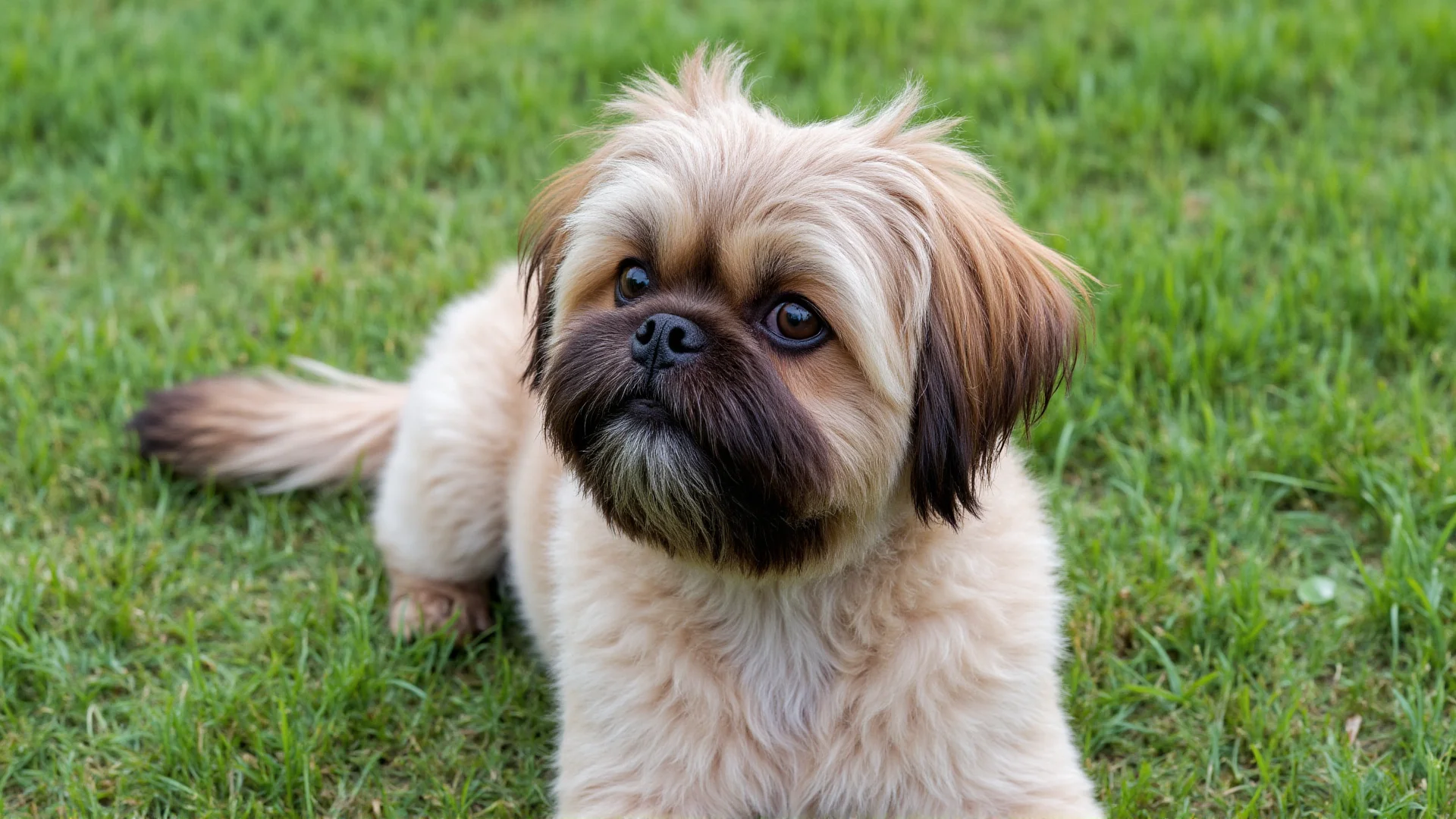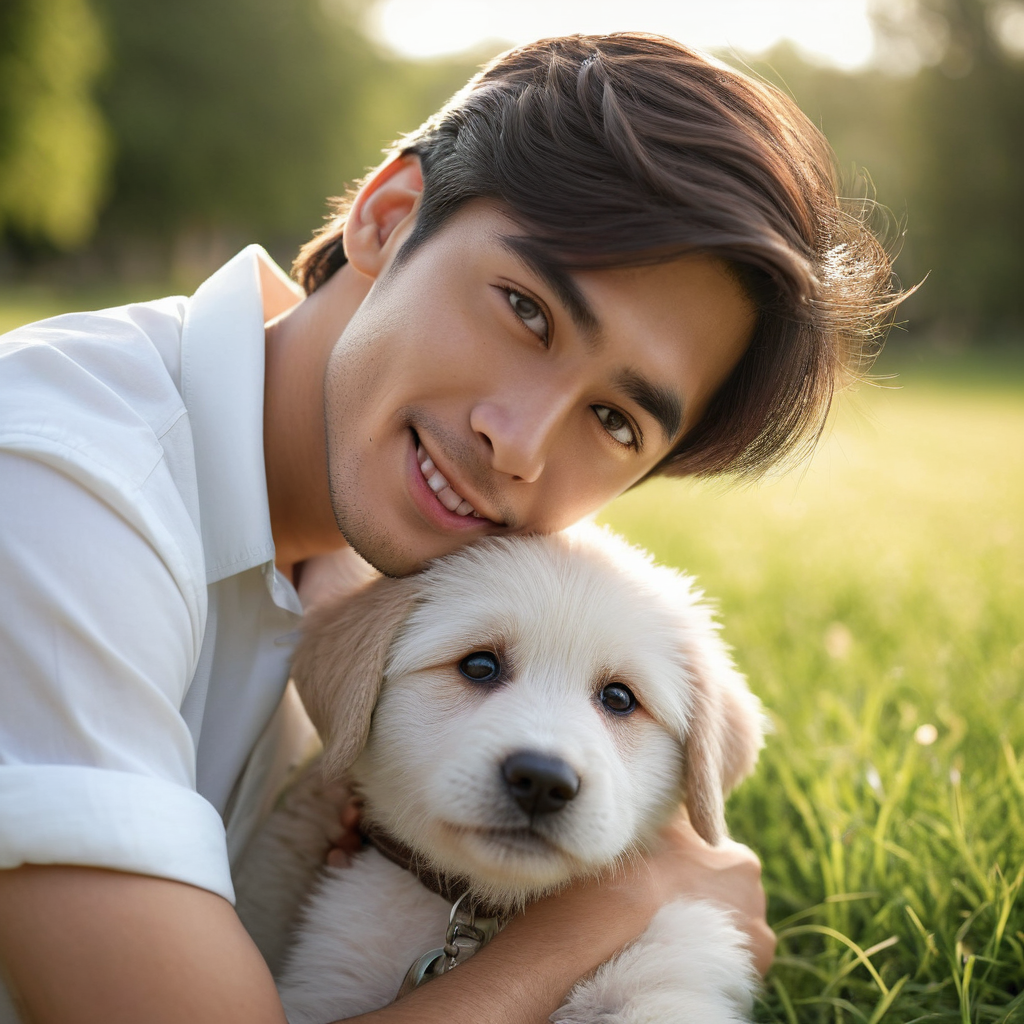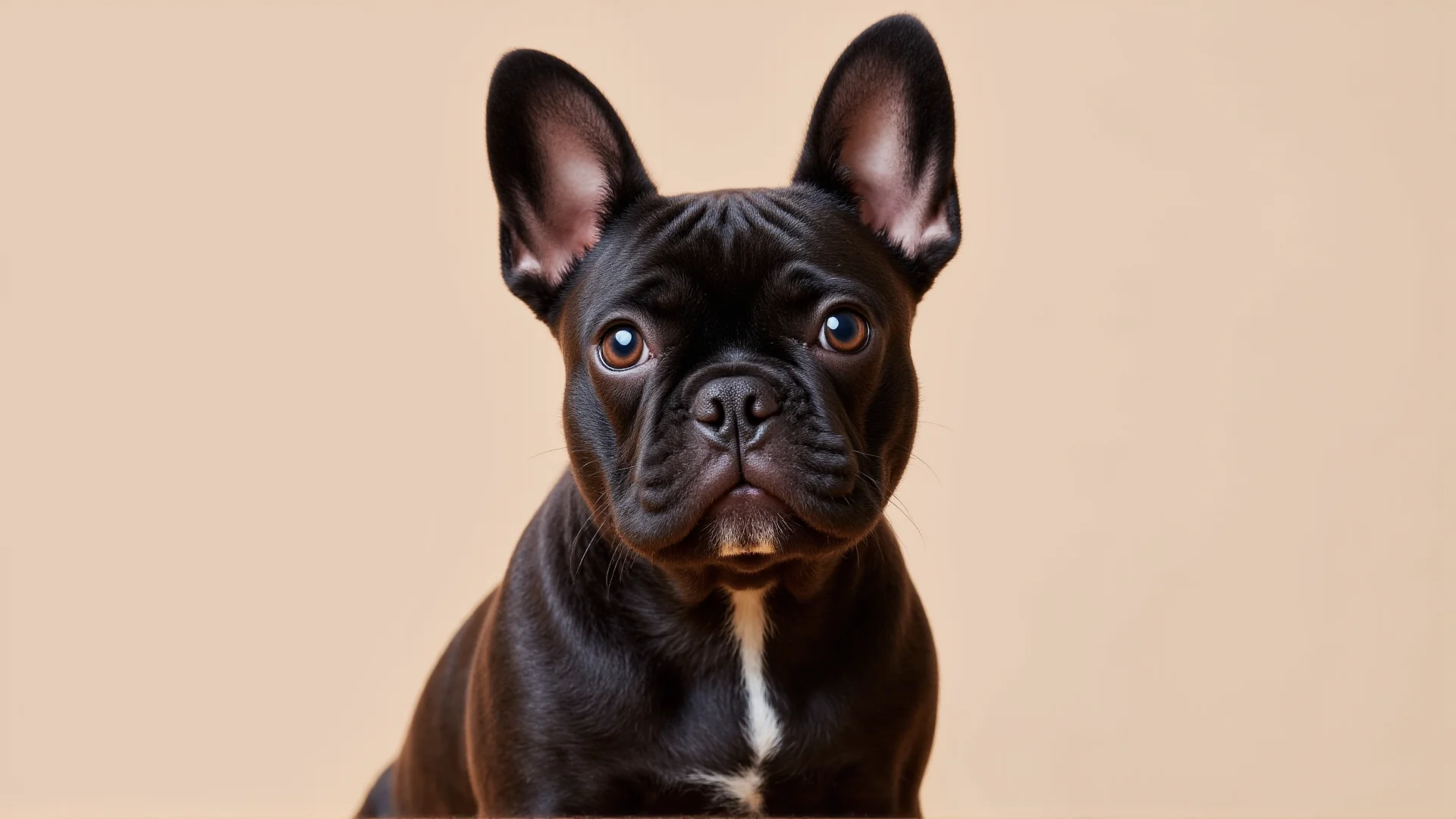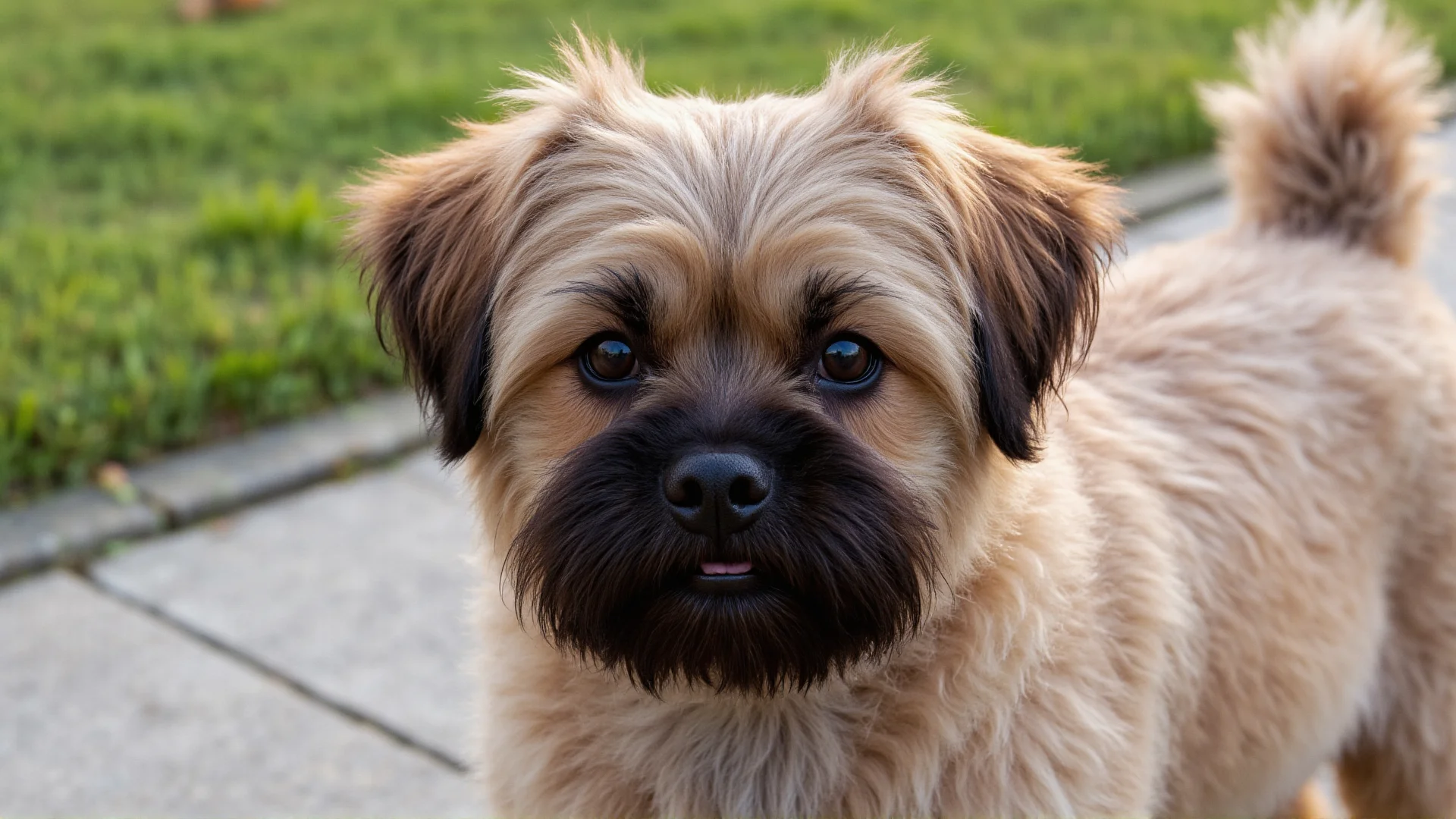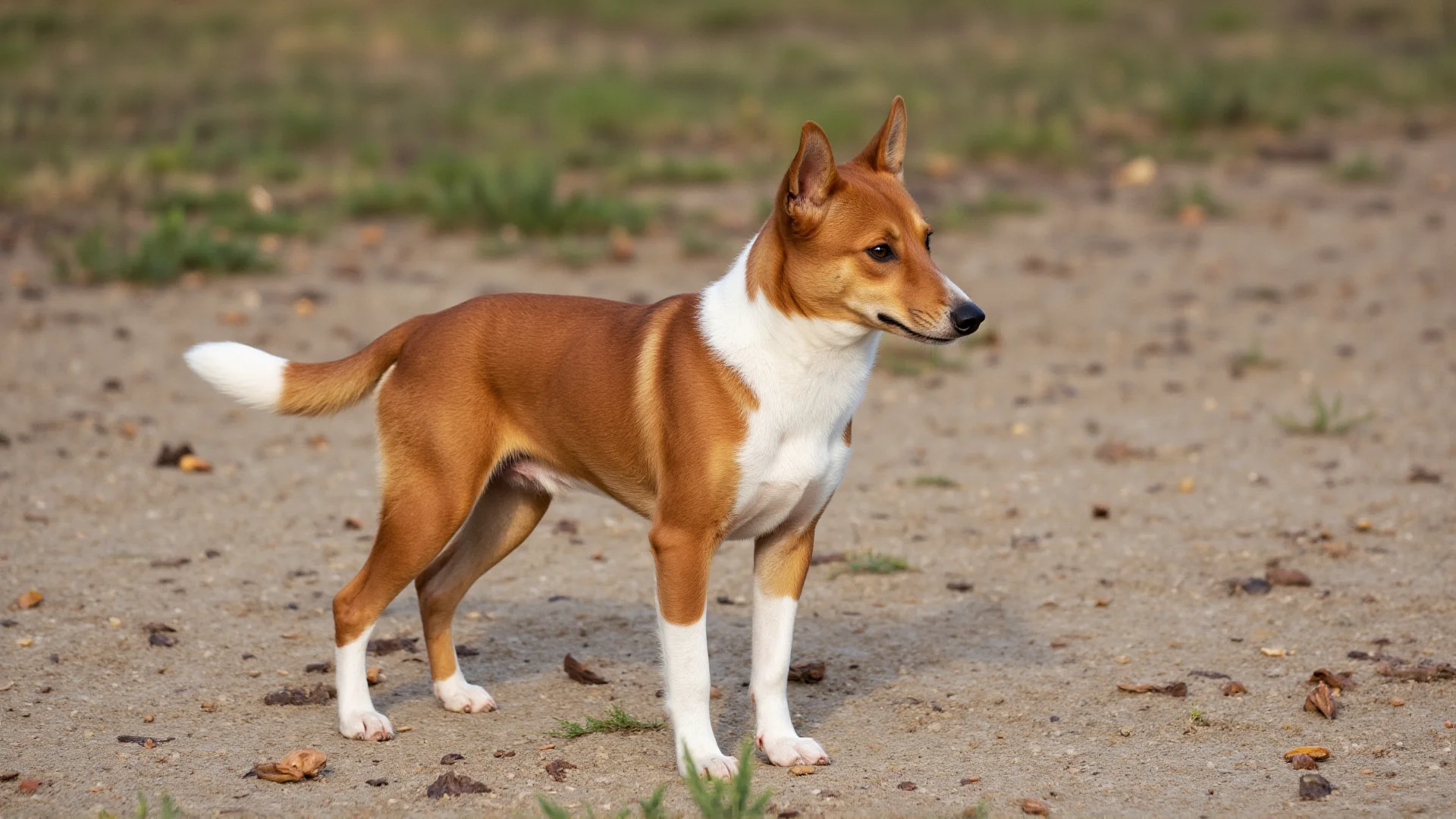Brussels Griffon: The Ultimate Small Dog Companion Guide
The Brussels Griffon, with their expressive eyes and charming personality, has captured hearts worldwide as one of the most delightful companion dogs. Originally bred in Belgium, these small but mighty dogs pack enormous personality into their compact frames.
Understanding the Brussels Griffon Character
Brussels Griffons are the epitome of companion dogs. Their primary purpose in life is to be close to their human family members. These dogs form incredibly strong bonds with their owners and thrive on human interaction and affection.
Personality Traits That Make Them Perfect Companions
- Loyal and Devoted: Brussels Griffons are known for their unwavering loyalty to their families
- Alert and Intelligent: Despite their small size, they make excellent watchdogs
- Affectionate Nature: They love to cuddle and be close to their humans
- Playful Spirit: They maintain a puppy-like enthusiasm throughout their lives
Physical Characteristics and Appearance
Brussels Griffons come in two coat varieties: rough and smooth. The rough-coated variety has a wiry, dense coat that gives them their distinctive scruffy appearance, while smooth-coated Griffons have a short, glossy coat.
Size and Build
These compact dogs typically weigh between 8-10 pounds and stand 7-10 inches tall. Their small size makes them ideal apartment companions, but don't let their size fool you – they have the heart of a much larger dog.
Facial Expression
Perhaps the most endearing feature of the Brussels Griffon is their almost human-like facial expression. Their large, prominent eyes convey intelligence and emotion, making them incredibly expressive companions.
Living with a Brussels Griffon Companion
Daily Exercise Needs
While Brussels Griffons don't require extensive exercise, they do need daily physical and mental stimulation. A couple of short walks combined with indoor play sessions will keep them happy and healthy.
Indoor Activities for Your Companion
- Interactive puzzle toys to challenge their intelligence
- Hide-and-seek games around the house
- Short training sessions to reinforce bonding
- Gentle play with appropriate-sized toys
Social Needs
Brussels Griffons are social creatures who don't do well when left alone for extended periods. They may develop separation anxiety if not properly acclimated to alone time. Early socialization with other dogs and people is essential for a well-rounded companion.
Training Your Brussels Griffon Companion
These intelligent dogs are generally eager to please, making them relatively easy to train. However, they can be sensitive, so positive reinforcement methods work best.
Essential Training Tips
- Start Early: Begin training and socialization as soon as you bring your puppy home
- Keep Sessions Short: 5-10 minute training sessions work best for their attention span
- Use Positive Reinforcement: Treats, praise, and play are powerful motivators
- Be Consistent: Regular, consistent training sessions yield the best results
House Training Considerations
Small dogs like Brussels Griffons can be challenging to house train due to their tiny bladders. Patience and consistency are key, along with frequent potty breaks and a regular schedule.
Health Considerations for Your Companion
Brussels Griffons are generally healthy dogs, but like all breeds, they're prone to certain health conditions. Being aware of these can help you provide the best care for your companion.
Common Health Issues
- Respiratory Problems: Their flat faces can lead to breathing difficulties
- Eye Issues: Their prominent eyes are susceptible to injuries and conditions
- Hip Dysplasia: Though less common in small breeds, it can still occur
- Heart Problems: Regular cardiac screenings are recommended
Preventive Care
Regular veterinary check-ups, proper nutrition, and maintaining a healthy weight are crucial for your Brussels Griffon's long-term health and happiness as your companion.
Grooming Your Brussels Griffon
Grooming requirements vary depending on whether you have a rough or smooth-coated Brussels Griffon.
Rough-Coated Grooming
- Regular brushing 2-3 times per week to prevent matting
- Professional grooming every 6-8 weeks
- Hand-stripping for show dogs (professional recommended)
Smooth-Coated Grooming
- Weekly brushing to remove loose hair
- Less frequent professional grooming needed
- Regular nail trims and dental care
Creating the Perfect Environment
Brussels Griffons adapt well to various living situations, making them excellent urban companions. However, there are some considerations to keep in mind.
Indoor Living
These dogs are perfectly suited for apartment living. They don't require a yard but appreciate having space to play indoors. Ensure your home is puppy-proofed, as their small size can get them into tight spaces.
Temperature Considerations
Brussels Griffons are sensitive to extreme temperatures. In cold weather, they may need sweaters or coats, while hot weather requires careful monitoring to prevent overheating.
Feeding Your Brussels Griffon Companion
Proper nutrition is essential for maintaining your Brussels Griffon's health and energy levels.
Dietary Guidelines
- Feed high-quality small-breed dog food
- Divide daily food into 2-3 small meals
- Monitor weight carefully to prevent obesity
- Provide fresh water at all times
Special Considerations
Due to their small size, Brussels Griffons can be prone to hypoglycemia, especially as puppies. Regular meal times and monitoring for signs of low blood sugar are important.
The Brussels Griffon as a Family Companion
Brussels Griffons can make wonderful family pets, but they're best suited for families with older children who understand how to handle small dogs gently.
Compatibility with Other Pets
With proper socialization, Brussels Griffons can get along well with other dogs and even cats. However, their small size means they should be supervised around larger animals.
Senior Companions
These dogs make excellent companions for seniors, as they don't require intensive exercise and provide wonderful emotional support and companionship.
